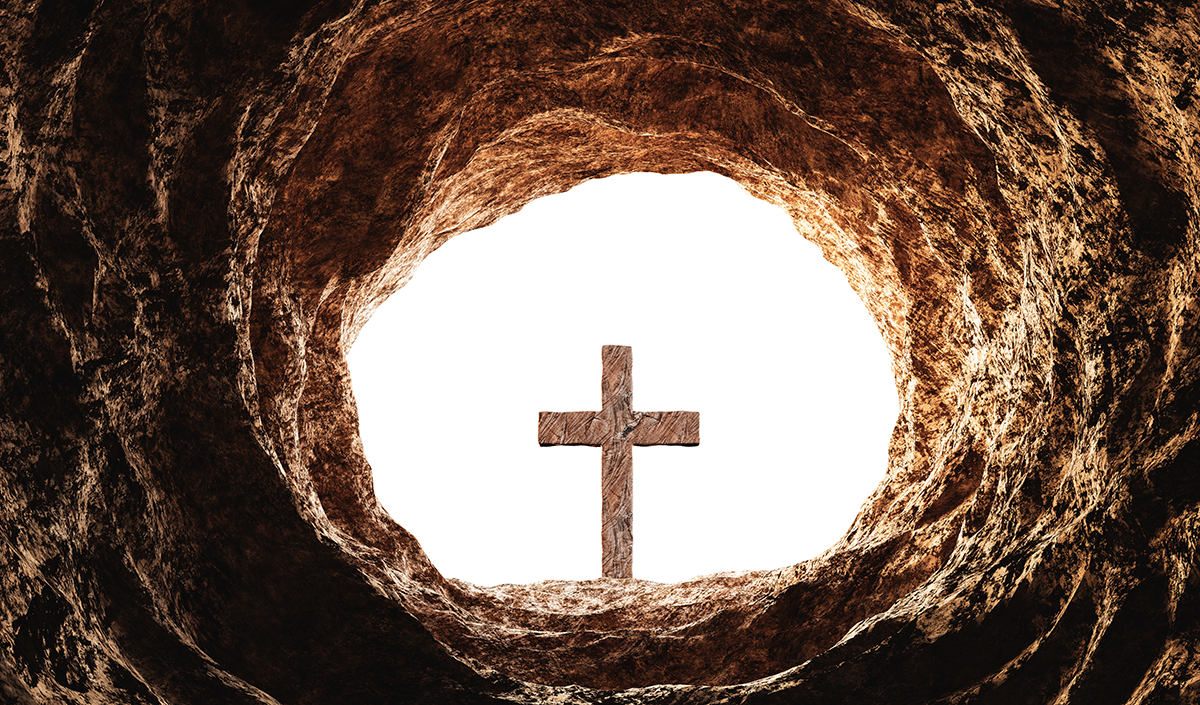What the Bible Says About Heaven 3
This is the third in a series of articles recently published by Wes McAdams on his blog “Radically Christian.” You can read the other on his site or in previous bulletins.. BP The Kingdom of Heaven Matthew uses the word, “heaven” more than any other New Testament author. This is due to the fact that Matthew records the phrase, “the kingdom of heaven” more than thirty times. Other Gospel writers use the phrase, “the kingdom of God” to capture the…
What the Bible Says About Heaven 2
This is the second in a series of articles recently published by Wes McAdams on his blog “Radically Christian.” The Paradise of God and the Garden of Eden The English word, “paradise” comes from the Greek, “paradeisos.” Besides “paradise,” another way to translate this word is, “garden.” In the Greek version of Genesis, we read, The Lord God planted a [paradeisos] in Eden (Gen 2:8). The Garden of Eden, therefore, is the first “paradise” in the Bible. With that in…
What the Bible Says About Heaven
This is the first in a series of articles recently published by Wes McAdams on his blog “Radically Christian.” Many people have come to me with questions in this area, and this series does a good job of answering them. Without necessarily endorsing every specific point he makes, I think the views he presents are certainly more Biblical than what we often picture; accordingly, we will publish this series over the next five weeks. I commend it to your attention.…
Go Fish
This past week, I attended a meeting for Liberty County Responds. This is a local coalition of different churches and other entities that work for disaster preparedness, primarily so that we know who has what resources and capabilities and can have a plan when the next hurricane (or plague?) inevitably hits. As we began, we went around the table at the restaurant and talked about what had transpired over Easter. For virtually everyone, it was a big day of events—sunrise…
He Has Risen!
When the Sabbath was past, Mary Magdalene, Mary the mother of James, and Salome bought spices, so that they might go and anoint him. And very early on the first day of the week, when the sun had risen, they went to the tomb. And they were saying to one another, “Who will roll away the stone for us from the entrance of the tomb?” And looking up, they saw that the stone had been rolled back—it was very large.…
All Hail the King
Most of us probably do not know much about the intertestamental period. During this era, the Jewish people were dominated by one foreign power after another. First it was Alexander the Great, who conquered the Persian Empire, including Judea, along with everything else between Greece and India. But Alexander’s untimely death at only 32, with no successor, left his empire in disarray. Ultimately, it was divided among his generals, who fought a series of wars against each other, striving for…
Proficiency Test
For the last two years, we have been holding prayer meetings on Facebook Live during the week. We originally began them at the outset of the pandemic, when we could not get together at all for awhile, as a way to keep everyone somewhat connected and encouraged. We persisted in broadcasting Monday-Friday for the next year; as things began to open back up last Spring, including the resumption of our own Sunday and Wednesday evening services, we scaled them back…
Remember the Creator
We welcomed spring this past week. The temperatures are warmer, the grass is turning green, and the flowers are beginning to bloom. You have probably mowed your lawn for the first time this season in the last couple of weeks. We just planted a little vegetable garden in our yard. All of these signs of new life turn my mind to God as Creator. He is the source of everything that is. He is the Creator of the heavens and…
Patrick of Berniae
We celebrated St. Patrick’s Day earlier this week. This is one of those sort of second rate holidays in this country: we wear green, in some places we have a parade, and we eat things like Irish stew or shepherd’s pie or soda bread—we celebrate all things Irish, basically—but we do not really know much about it other than that. But St. Patrick’s Day was originally a commemoration of the life and death of Patrick of Berniae, who brought Christianity…
The Theology of Potluck
As someone pointed out recently, we eat together as a church a lot! We have been intentional about doing that more and more since we began to emerge from COVID restrictions. This week, Wes McAdams, the preacher at the McDermott Road Church of Christ, published this article that I thought spoke really well to the deeper meaning of these gatherings. I commend it to your attention, and urge you again to check out his blog, “Radically Christian,” for more deeply…
Repenting in Dust and Ashes
My parents came down this past week to celebrate my birthday with me. For years, our tradition has been for them to take me to a restaurant of my choice for dinner. We did that and had a wonderful time. But in selecting a place, because my mom has been talking for awhile about wanting to go visit Galveston, I considered going down there and having seafood. I even made a reservation at one place, but I was surprised that…
God is in Control
Why do the nations rage and the peoples plot in vain? The kings of the earth set themselves, and the rulers take counsel together, against the Lord and against his Anointed… He who sits in the heavens laughs; the Lord holds them in derision. – Psalm 2:1-2, 4 All of us have likely been following the Russian invasion of Ukraine to some extent. It seems that the world stands closer to the brink of World War 3—or even nuclear conflict—than…









